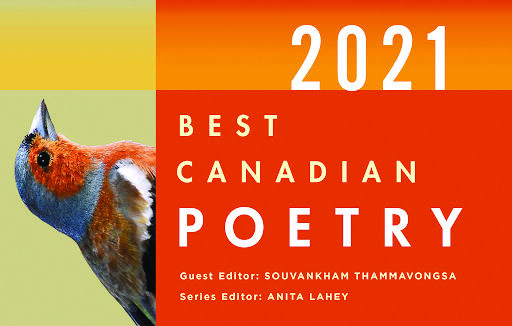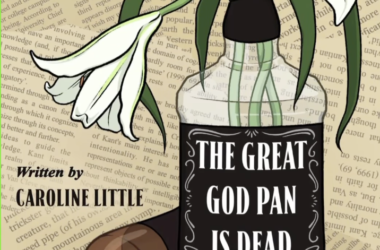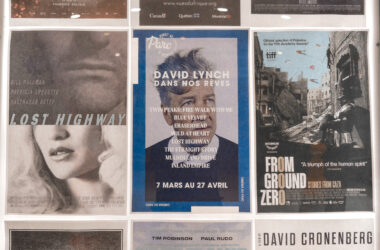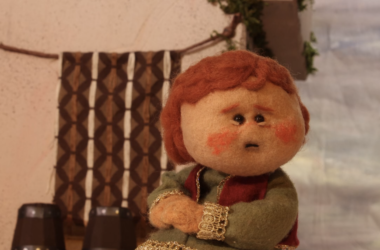Canadian poets, consistently overshadowed by American writers, rarely get the recognition their talents deserve. is A collection of 50 poems by Canadian poets, the Best Canadian Poetry 2021 anthology is curated by its guest editor Souvankham Thammavongsa, who has author of five books, including How to Pronounce Knife, and received several literary awards. Published on Oct. 5, the book features poetic reflections on the transience and joy of this past year. Many poems share themes of aging and loss, while others interject bizarre and comedic variety into the array.
Many featured poets happen to be Montreal locals. Hayden Ward explores his childhood memories in his poem, “From the Nurse’s Cabin Porch, Keats Island.” Formatted into a series of haikus, the poem recalls himself as a young child as his mother frees him from a wasp swarm. By switching from third to first person, Ward finds meaning in both living through and retroactively remembering his childhood memories of summers in British Columbia. Similarly, Mary Dean Lee, a professor in the Faculty of Management, navigates her childhood memory of her brother’s death in “Riddle.” Lee captures the traumatic effects of this loss on her family by using a disjointed structure and rhythm to mimic the unique ways that family members process trauma. The separation between lines emphasize her family’s emotional estrangement from each other.
Other poems focus on lighter matters, including the horror of teenage acne and the (accidental) killing of a peace lily plant. David Ezra Wang’s poem, “acne, blood, and all things that flow,” may resonate with many students who hoped, in vain, that their acne would disappear as they transitioned out of their teenage years. Wang expresses his discomfort with going out in public with acne, and wonders if he would find love if only he “really exfoliated.” Kayla Czaga, who admits to writing a first draft of “The Peace Lily” on a Thrifty Foods receipt, contemplates the simultaneous frustration and relief of killing her beloved houseplant. Czaga juxtaposes her guilt with the poem’s beautiful imagery that captures the plant’s slow death, unaffected by the countless internet tricks Czaga employs in an attempt to save it.
One of the funniest poems in the anthology is George K Ilsley’s “Another Woman in Canada,” a found poem that ranks his 10 favourite one-star reviews of Canadian short story writer Alice Munro’s short story collection, Dear Life. Ilsley highlights the unintentional irony of several reviewers who either dislike Canadians entirely, or believe themselves to be better literary critics than those who awarded Munro the 2013 Nobel Prize in Literature. For instance, reviewer number two says of Munro’s fiction, “The characters are boring and bland, like Canadians.” The Canadian poets in the anthology clearly refute this statement, discussing any and all aspects of the vibrant human experience that prove they are quite an interesting bunch. Between struggling with mental illnesses (Roxanna Bennett), shielding parents from embarrassment (David Romanda), and finding freedom in motherhood (Louise Carson), each poet has something new to say.
No matter whether a reader is a frequent or first-time poetry fan, Best Canadian Poetry 2021 is an excellent way to experience new and established Canadian poets. Bursting with personality, this anthology has something for everyone, and is a touching reflection on the highs and lows of 2021.
Best Canadian Poetry 2021 is available for purchase online or through local retailers.









